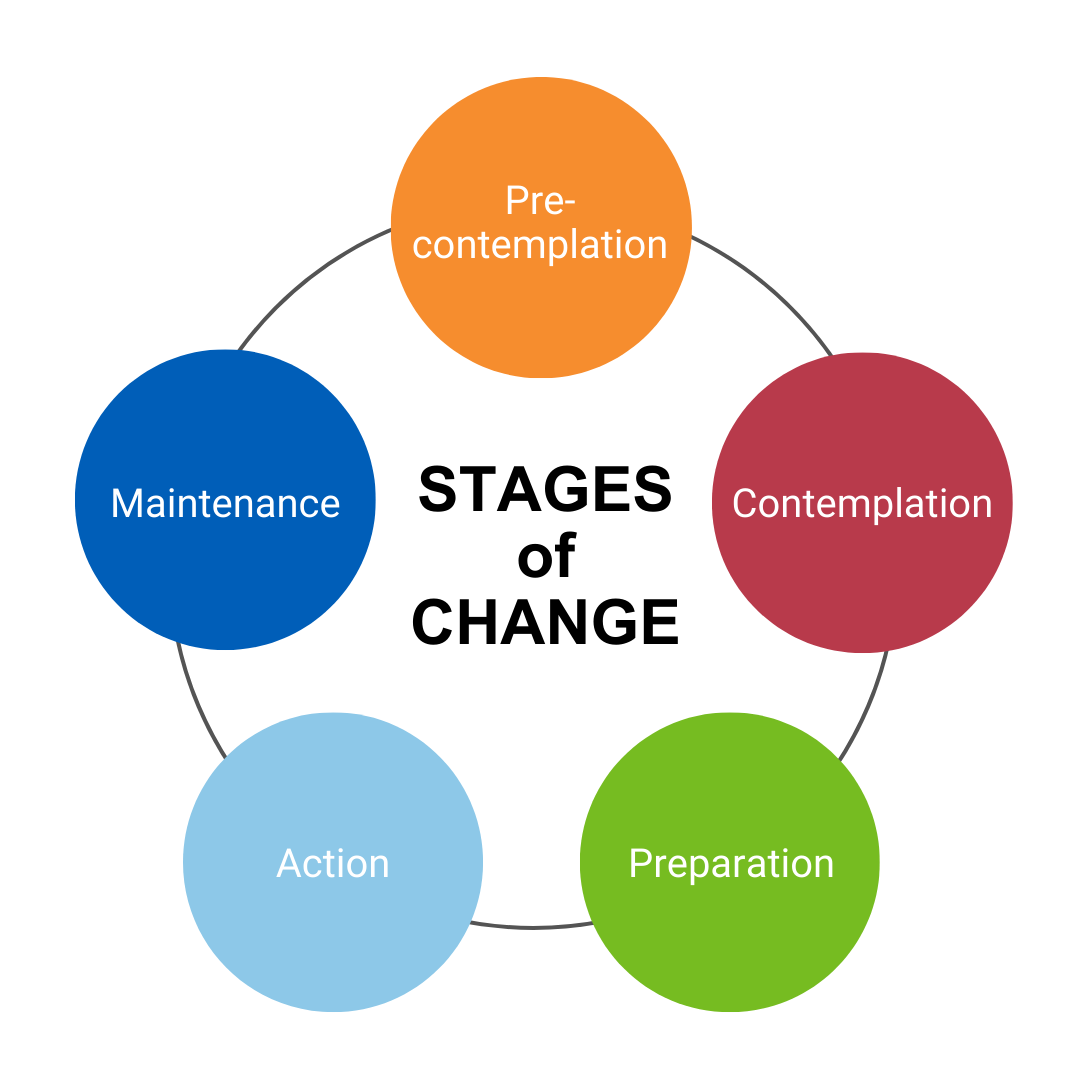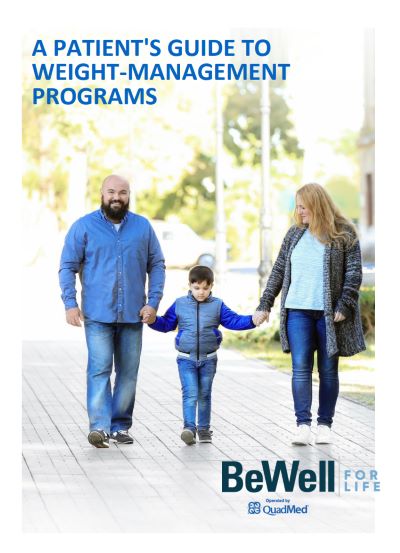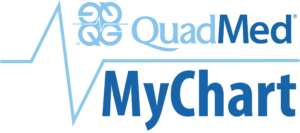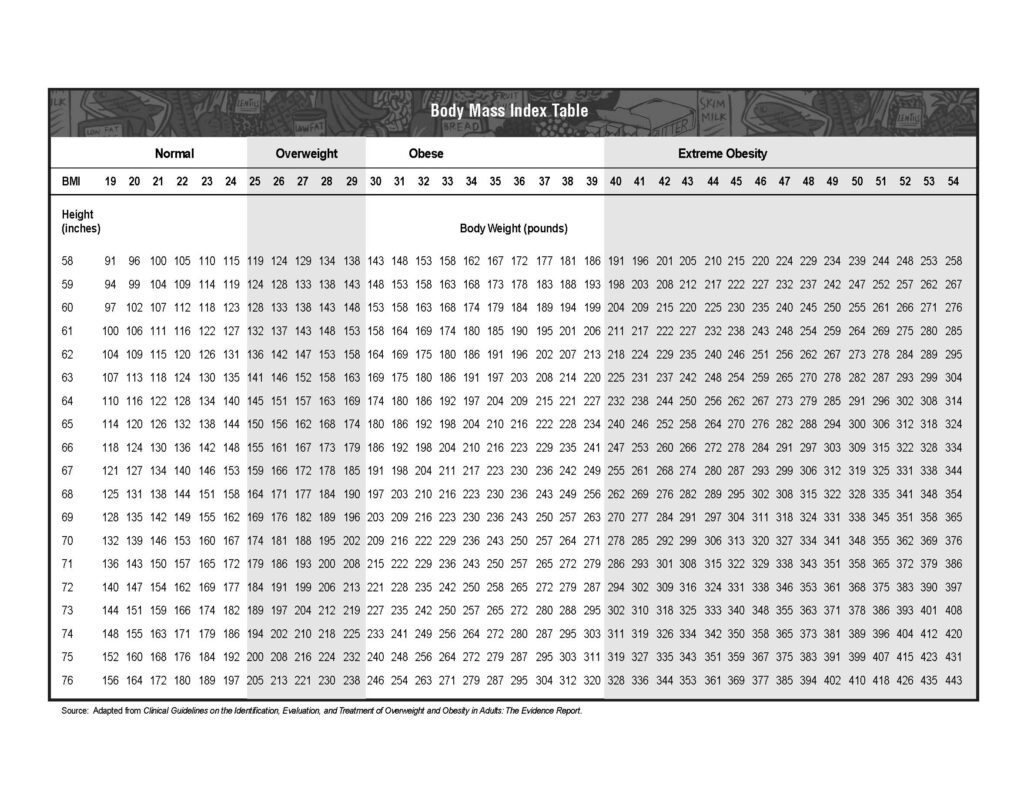
What is Readiness to Change?
For most people, behavior change occurs gradually over time, through a series of stages. It’s important to know your readiness to change (where you are in the cycle) in order to set appropriate goals, action steps, and strategies. In general, you can use the scale to ask how important is it for you to make a change and how confident are you that you can do it.

HOW IS MY READINESS TO CHANGE ASSESSED?
The Stages of Change model is useful to foster positive behavior change. By identifying where you are in the change process, strategies can be tailored to your readiness to change.

When you first meet with a BeWell for Life wellness coach, you may not be ready to dive in and start making changes right away. In fact, you may not even be convinced that you need to make any changes at all. And that’s okay!
You may need more information about the positive benefits related to change (and the risks of not making changes). Or perhaps you’re thinking about making a change but are struggling with overcoming barriers or finding the support needed to get started. You may have already started to make some changes and just need some positive reinforcement and encouragement to stay on track.
Wherever you may be on your wellness journey, a BeWell for Life wellness coach can provide you with the support you need to build self-efficacy and be successful!
STAGE | CHARACTERISTICS | STRATEGIES |
|---|---|---|
Pre-contemplation | The person is not even considering changing. They may be in denial about their health problem, or not consider it serious. They may have tried unsuccessfully to change so many times that they have given up. | Educate on risks versus benefits and positive outcomes related to change. |
Contemplation | The person wants to stop feeling stuck but is still ambivalent about changing. During this stage, the person weighs benefits versus costs or barriers (e.g., time, expense, bother, fear). | Identify barriers and misconceptions. Address concerns. Identify support systems. |
Preparation | The person is prepared to experiment with small changes. One step can be to make their intention public as they may still need to convince themselves they're ready. | Develop realistic goals and timeline for change. Provide positive reinforcement. |
Action | The person takes definitive action to change behavior, modifying their behavior and surroundings. This stage requires the most commitment of time and energy. | Provide positive reinforcement. |
Maintenance and Relapse Prevention | The person strives to maintain the new behavior over the long term. It takes work to prevent relapse so this stage is long and ongoing. | Provide encouragement and support. |

Prior Authorization for Weight Loss Medications
Prior authorization is required for weight loss medications. One of the criteria for prior authorization includes participating in a weight management program. The providers, wellness coaches, and nutritionists at the HII Family Health Centers are ready and available to assist you with choosing a program and completing the criteria so that you can reach and maintain your ideal weight goals.
What is prior authorization?
Requiring a patient to get prior authorization for certain medications is a common practice used by insurance companies to ensure safe and appropriate medication use.
How does this affect you?
Some medications require prior authorization, or PA, and it means that your doctor will have to provide additional information on why they are prescribing this medication for you. CVS Caremark reviews this information and, based on your HII medical plan, determines whether or not the medication will be covered. This information and process is confidential. Your medical information is not shared with HII.
Talk with your provider or health center staff to discuss the process for obtaining prior authorization, and to explore alternative medication options if needed. If you have any concerns about the cost of your medication, there may be programs and resources available to help.
What options are available?
We understand that weight loss medications may be necessary for patients with medical conditions that make it difficult to lose weight through lifestyle changes alone. Weight loss medications can be an effective component of a comprehensive weight loss plan that include lifestyle changes, dietary modifications, and exercise. The goal of implementing a weight management program is to support patients in achieving sustained weight loss and improved overall health.
QuadMed Wellness offers 5 weight management options, including:
QuadMed Wellness can provide more information for each program, all of which are available to you at no cost. We encourage you to review the program options with your provider, or a spouse or friend who might be interested in joining you on the road to wellness!
If you have any questions or concerns, please reach out to the health center for assistance.












